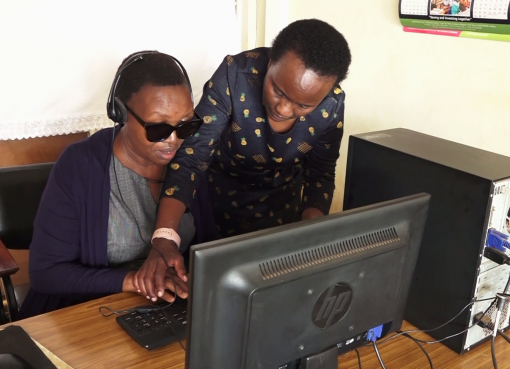Donkey farmers and stakeholders have called on the Government to stop licensing donkey slaughter houses to save the animal’s rapidly dwindling population.
They said the continued slaughtering and selling of donkey meat has led to the declining population of the animal, a setback to many of those who depend on the beast of burden for survival.
The farmers, mostly from Mwea and Machakos counties said they depend on the animal to transport rice and other commodities and fear that increased slaughter houses for the donkeys would only hurt them financially.
They also lamented that since the sale of donkey meat was legalized in the country, they were suffering losses occasioned by donkey theft, which has become common due to the decent prices donkey brokers offer.
Speaking during a meeting in Embu townSaturday, they urged the government to instead consider closing donkey abattoirs in Naivasha and Mogotio and ban the sale of donkey meat in the country.
Mwea Donkey Owner’s Association chairman, Cyrus Gitonga said the animal was a source of livelihood for residents, as it has contributed to the growth of the economy of the rice producing scheme.
He said in the last two years, donkey population in the area had reduced from 5,000 to about ,3000 regretted that another slaughter was reportedly being planned for Kithyoko in Machakos County.
“Our donkeys disappear mysteriously and after sometime we realize that they have been stolen and slaughtered in the bushes. We fear the uninspected meat ends up with unscrupulous butchers and is sold to unsuspecting customers,” he warned.
Eston Muriithi, the programme manager at Kendat Heshimu Programme called on the farmers not to sell their donkeys as that will only impoverish them.
He said donkey population in the country is few and if more slaughter houses are established, they will only diminish.
During the meeting, farmers were also sensitized on the need to protect the animals from abuse and safeguarding their welfare, through proper feeding, housing, treatment.
By Muoki Charles
Thursday, April 24, 2025


